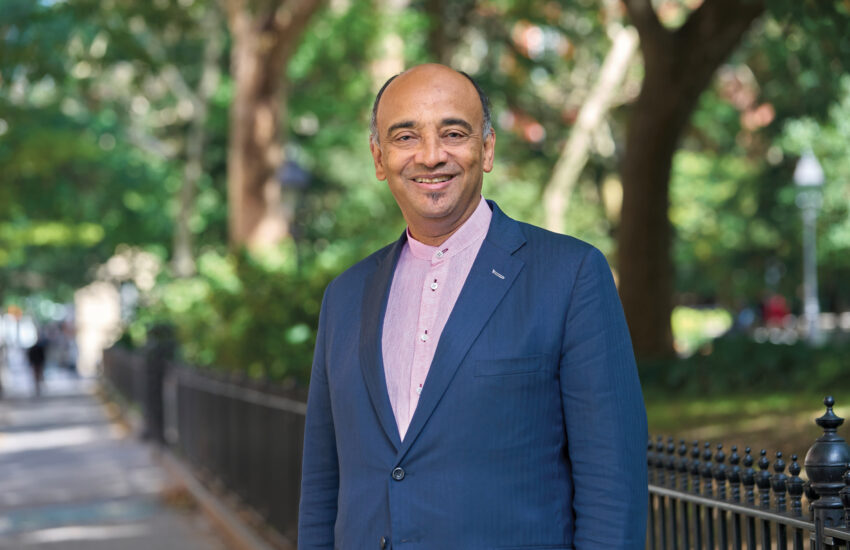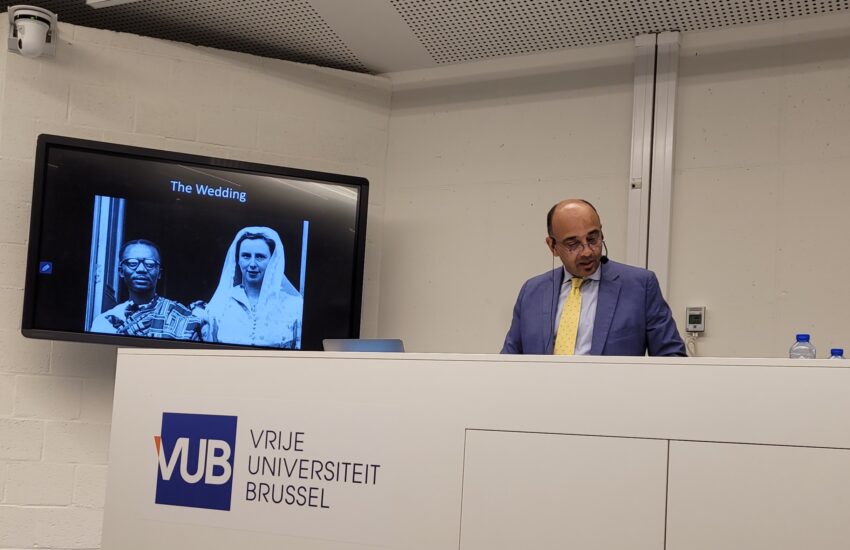Afropean Voices during Covid-19: U.N.C.E.R.T.A.I.N.
 Hannah Soraya NDEMPAAWAI FAKIR (Cameroon/Morocco/Spain) is a political scientist currently working in political communication in Spain. She is also studying for a MA in Philosophy and is passionate about anti-racism, political philosophy, traveling and pop culture.
Hannah Soraya NDEMPAAWAI FAKIR (Cameroon/Morocco/Spain) is a political scientist currently working in political communication in Spain. She is also studying for a MA in Philosophy and is passionate about anti-racism, political philosophy, traveling and pop culture.
After a year of living with COVID-19, we have been forced to experience what most oppressed and disadvantaged people around the world know and live with: that we can no longer take our health status for granted, and that long term planning is a luxury. And migrants from developing countries in the West, in particular those seeking freedoms and opportunity, are grappling with the limitations and realities of Western democracies, where nativist attitudes are on the rise. According to Rights International Spain, like in other European countries, incidents of racial profiling, institutional racism, and the exploitation of Afro-descendant workers have increased during the pandemic.
Since I can remember, I have been thoroughly planning my entire life. Now, as a late Millennial and the daughter of working class African immigrants, this global pandemic has generated a continuous anguishing feeling of despair and uncertainty about the future. My peers and I constantly feel, as the US saying goes, one paycheck away from becoming homeless.
In 2008, when Spain entered the recession, neither me nor my friends knew the profound impact it would have in our lives. Our parents, teachers and media experts could no longer tell us that studying hard and going to college were safe bets for achieving success in life, to landing a good paying job and fulfilling the dream western capitalist societies had told us we should aspire to since the 1950s.
Three successive recessions and a global pandemic later, my generation has watched its older siblings and neighbors working hard at McDonald’s for salaries below the minimum wage (€940 month) all while holding multiple degrees and speaking several languages. Like the African migrants trying to make it to Europe through Spain, many are also packing their bags and moving to wealthier countries to improve their economic and professional prospects. Those who cannot migrate, might have to keep living or move back in with their parents, where they might stay with them deep into their thirties and forties.
The data supports this pessimism, a 2020 Deloitte survey found that 47% of Spanish millennials surveyed saw unemployment as their main concern, and only an appalling 17% of the same millennials expected an improvement in their economic situation in a year’s time.
The main lesson that this pandemic has brought to my generation and the upcoming one is the confirmation that uncertainty will be – and has already been – an integral part of our life experience. My generation, in particular the children of African migrants, is quickly learning to live balancing on the very long and progressively thinner tightrope before us, with very little room to plan a better future.
Therefore, what gets some of us through these days is simply knowing that it could be worse and keep it moving. One day at a time.
This perspective is included in the upcoming Collateral Benefits Perspective Paper IV: Voices of the African Diaspora, a collaboration beteeen Collateral Benefits , Fundación Manos Visibles and Afrøpean.


